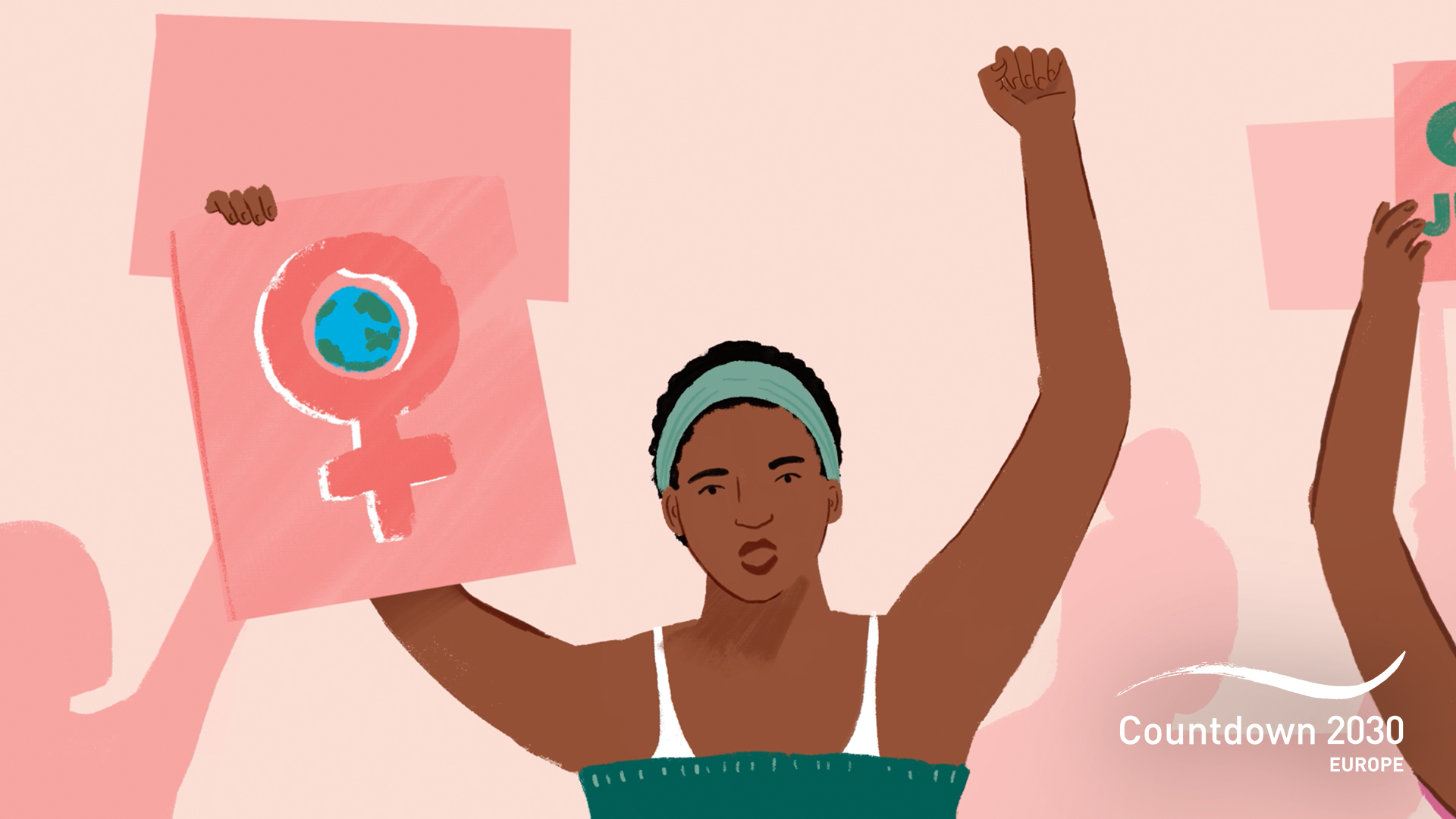Spotlight
A selection of resources from across the Federation

Abortion Care and Costs in Europe and Central Asia
IPPF EN carried out research into the economic burden that women face in accessing abortion care in Europe and Central Asia. This factsheet provides a snapshot of the findings.
Filter our resources by:


| 08 March 2023
New data on European donor support to sexual & reproductive health & rights worldwide
Now is when standing by our values matters most. We must treat all people with dignity and humanity, not despite, but because we are faced with multiple crises caused by war, inflation, and a hard post-pandemic recovery. In 2021, European countries struggled to keep their promises to uphold sexual and reproductive freedom for all. They managed to maintain their overall support to sexual and reproductive health & rights worldwide by investing 2.780 billion euros. This includes 1.385 billion euros allocated to sexual health and family planning, which means at least 10.5 million women and couples had access to contraceptive care. But much more is needed. More investment and better policies around sexual and reproductive health will have a profound impact on people’s futures. It will give options to those of us without them. Which in turn will lead more people to thrive, thus creating safer, more just and prosperous communities. We have a shared moral responsibility to respond to global challenges in an equitable manner. In our most recent report, we are looking at 2021 funding data and 2022 political stances adopted by thirteen European governments and the EU institutions with regards to sexual and reproductive health and rights. Watch our video to get an overview of the findings and download the below resources for more information.

| 16 April 2021
The link between sexual and reproductive health and rights and the climate crisis
The climate crisis is one of the greatest challenges of our time. It threatens our planet, society, and economy. Climate-related emergencies, such as extreme weather conditions are increasing, which tend to hit women and girls harder because of gender discrimination and harmful social norms. In the aftermath of a disaster, there is a risk that girls are pulled from school to take care of the household, and when there is food stress or water shortage people will marry younger, with a higher percentage of girls ending up in early, forced, and child marriages. Rural women and girls, who are usually given the task of fetching water have to travel further to collect it. Increasing their already heavy workload and putting them at greater risk of gender-based violence. Healthcare is disrupted by erratic weather, eroding the advancement of sexual and reproductive health and rights, making women and girls more vulnerable to the impacts of the climate crisis. Sexual and reproductive health and rights play a crucial role in improving wellbeing, overcoming marginalisation and advancing gender equality. When women and girls have access to sexual and reproductive health and rights they have control over their bodies, and they can address unfair power relations in their lives and lead the response to the climate crisis. If we want to achieve climate justice, sexual and reproductive health and rights and gender equality have to be prioritised. Read our factsheet on the linkages between sexual and reproductive health and rights (SRHR) and the issues included in the European Green Deal.

















